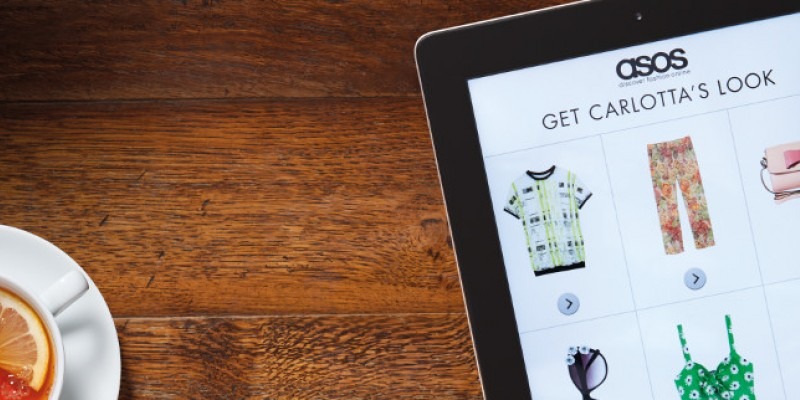
OK, we'll confess...
... in the IT industry, it's fair to say we love our toys. It goes with genuine geekdom, and it's actually good for everyone else, as we often get the early-adopter pain, whilst they get to gain later, when the bleeding-edge becomes more commonplace.
Tablets have been through the pain phase already. Right now, we think they are right on the cusp of the switch from toy to useful tool. Right now, too, business adopters stand to gain serious advantage over more traditional laptop users.
So, if you're wondering if properly-integrated tablets and smartphones could give your business a competitive edge, this technology is probably cheaper than you think and more effective than you expect.
Why use a tablet in business at all?
Obviously it's smaller and easier to carry than a laptop, and it does more stuff.
You may be surprised, but any good tablet these days has GPS, accelerometers, a compass and at least one very good camera built in. The more expensive ones connect directly to 3G and 4G networks (with a contract), so you can work with office files almost anywhere.
The upshot is that they can be used in ways you wouldn't think possible, if you've only ever had a laptop before.
But tablets obviously don't have DVD drives, and often have poor physical connections to the outside world, and most of them don't run Windows programs. Battery life is typically much better than a laptop, but there's no keyboard or mouse (or is there?).
Anything that's going to be a business tool, needs to fit in with your work, and not the other way round. You don't want to have to work round its imperfections.
In reality, few of these things are close to being showstoppers. For most business uses, in fact, a tablet probably gives you more choice about how you work than a laptop does.
The key thing is portability, but that's not just for the salesman on the road. In the office, in the shop and the warehouse and on the factory floor, taking your key apps with you can save enormous amounts of time, make interacting with staff and customers easier, and lets you do, with one relatively inexpensive tool, a range of tasks you used to need specialist kit for.
Let's take a simple example: barcode scanning and management. Almost all tablets have good cameras, and barcode scanner software is cheap and easy to use. It's true of smartphones as well, but the key advantage with a tablet is that there's room on-screen for a full database application too. So if you're stock-checking, or needing to wand high-ticket items before handing them over, you're no longer tied to a point-of-sale till, or having to spend thousands on wireless barcode solutions.
If barcodes don't matter to you, how about measuring things? There are a range of applications out there now that use cameras and complex mathematics to gauge distances simply from pictures you take. That might be room dimensions, objects on a tabletop, or the area of a roof for new solar panels. If you use GPS-enabled mapping. you can trace property or field boundaries to get areas in square metres or hectares. If you have no map, you can walk the hedgerows, and the application works out the field shape and area from your GPS coordinates.
Now this ought to be expensive. After all, it's a really clever idea, and uses some really high-end technology. A PC-based version would probably need £1000 of hardware to start with, with some expensive software too, but these measurement apps are less than £5.00 to buy, and updates are typically free. There are good barcode apps that are entirely free, too, although if you want to integrate them fully with a database, you do need to spend a few pounds for one you can customize.
- Log in to post comments
